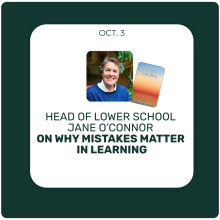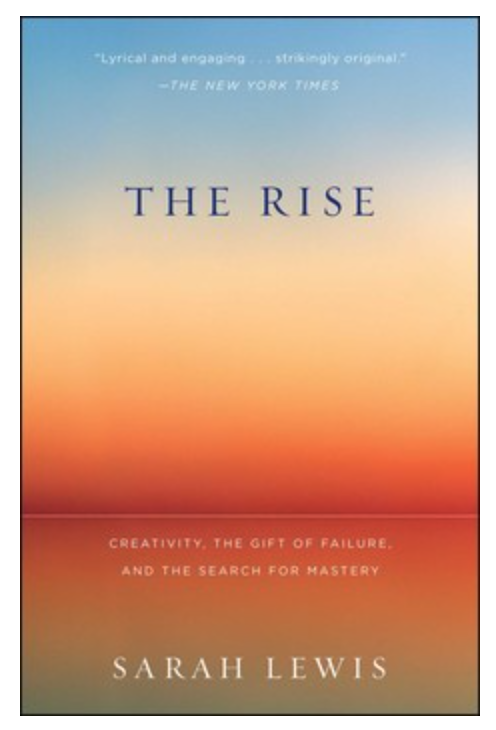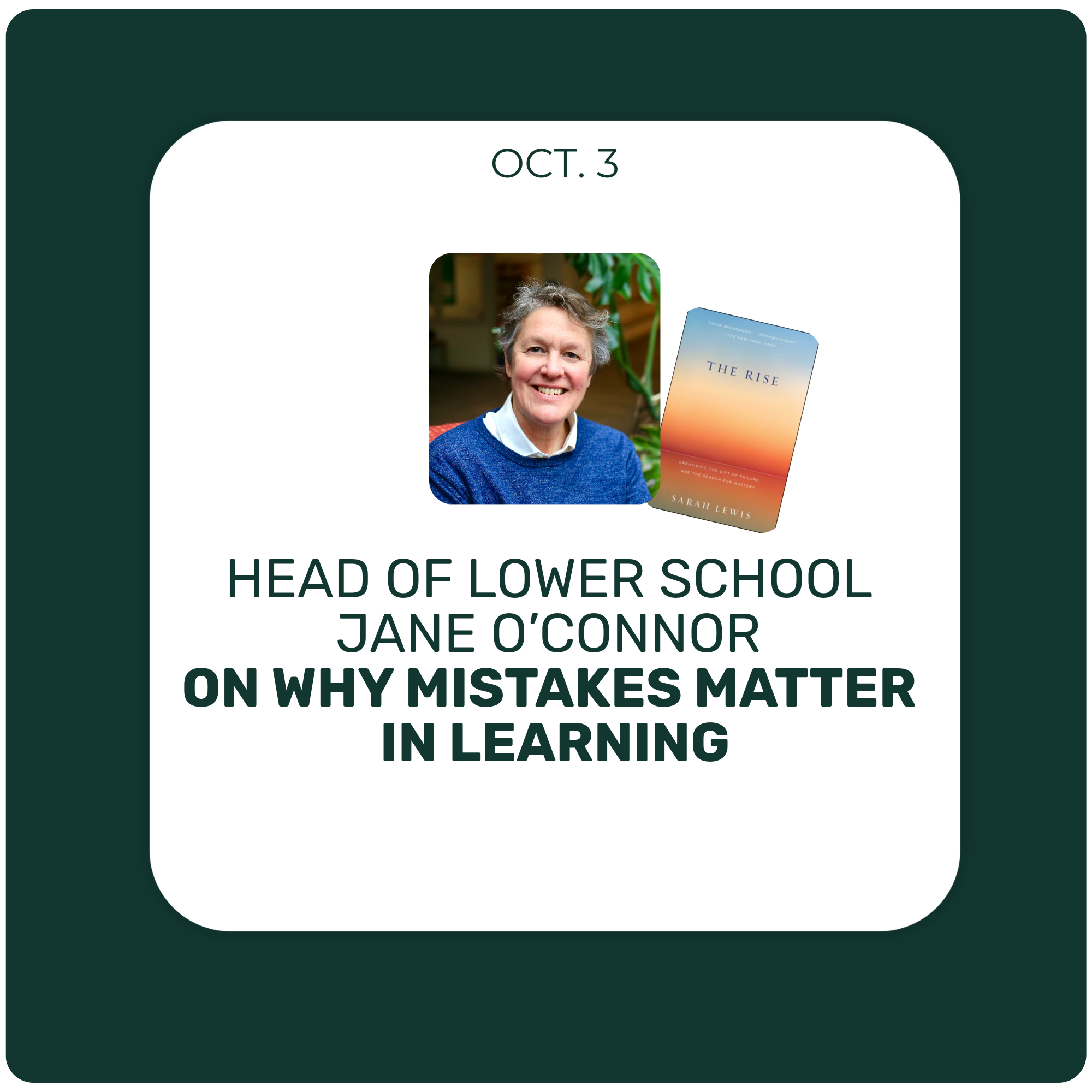
Dear Parents,
Although it’s probably obvious that I think a lot about teaching and learning, what might be surprising to learn is that I hated school as a child. In fact, I came up with some pretty clever ways to fake being sick, and employed these tricks often just to avoid going. For me, school often felt like a days-long experience of sometimes “getting things right,” but more often than not, “getting things wrong”, and that is such a disheartening way to feel at school.
At a recent PA coffee, I had a wonderful conversation with a parent, which reminded me of one of my favorite books, The Rise by Dr. Sarah Lewis. We were talking about how math, in particular, is one of those subjects where children (and adults) so often say, “I’m just not good at math.” And this is something I’ve heard over and over again in my career.
 Dr. Lewis invites us to think differently. In her research, she looks at artists, scientists, athletes, and inventors and notices a common thread: their greatest growth often came through mistakes, setbacks, and experiments that didn’t work. She argues that what we call “failure” is not the opposite of success but often the path to it. She even avoids using the word “failure” at all, choosing instead words like trial, reinvention, and discovery, and I find this so deeply inspiring.
Dr. Lewis invites us to think differently. In her research, she looks at artists, scientists, athletes, and inventors and notices a common thread: their greatest growth often came through mistakes, setbacks, and experiments that didn’t work. She argues that what we call “failure” is not the opposite of success but often the path to it. She even avoids using the word “failure” at all, choosing instead words like trial, reinvention, and discovery, and I find this so deeply inspiring.
She reminds us that learning isn’t a straight line from right to wrong, but an arc - a process of trying, stumbling, and growing. She writes, “Mastery is not merely a commitment to a goal, but to a curved-line, constant pursuit.”
I just love this framework, and I believe this mindset helps children and adults thrive and grow more confident, even in the middle of struggle. So when a child says, “I got the answer wrong, I’m not good at math,” we can help reframe the narrative: “Getting it wrong shows me where I can grow, and it’s all a part of the rise.” Or in writing: edits don’t make you a bad writer - they’re what make your writing stronger.
If we can help children see moments like these not as dead ends, but as signs that they’re stretching, then they can approach challenges with confidence instead of fear.
And my hope for this year is that together - teachers, families, and children - we help one another feel the expansiveness and joy that come when we let go of the old idea of “failure.” That we celebrate effort, curiosity, and growth, and remember that every step, even the wobbly ones, moves us forward on the arc of learning.
Warmly,
Jane O’Connor
Head of Lower School
If you’re interested in reading Dr. Lewis’ book, Marissa Hall kindly bought a few copies and it’s available for you to borrow from our library.























